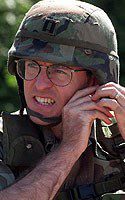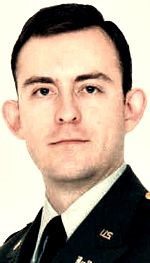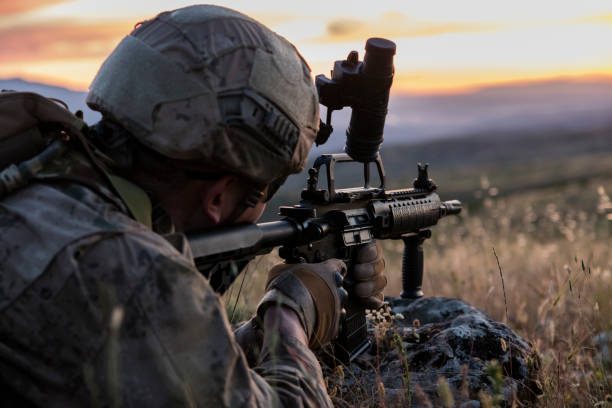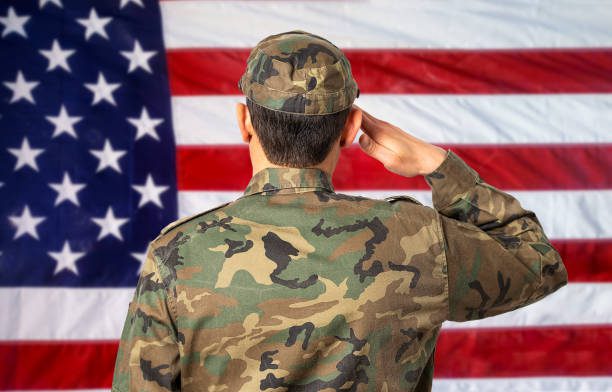
Paul J. Cassidy
Captain, United States Army
June 23, 1967 – July 13, 2003
Age – 36
Laingsburg, MI
32nd Civil Affairs Battalion, Green Bay, WI
Died as a result of non-combat injuries at Camp Babylon, Iraq
CPT Cassidy graduated from Muskegon Catholic Central High School, Ripon College in Wisconsin and attended Michigan State University. He enlisted in the US Army Reserves, and was assigned to the 432nd Civil Affairs Battalion out of Ashwaubenon, WI. He had tours in Saudi Arabi, Kuwait, Bosnia and Kosovo, where he distributed food and blankets, helped to reconstruct power grids, improve phone lines, provide water and repair houses. He was assistant to the Clerk at Meridian Township.
Paul J. Cassidy had made a life out of helping people in troubled regions. His mission to Iraq with the Army Reserves was similar to previous duties in Kosovo, Bosnia, and Kuwait, where he distributed food and blankets and helped reconstruct power grids, improve phone lines, re-establish farms, provide water and repair houses. His involvement with the humanitarian aspects of war and his dedication to his work reflected his personality. He was an incredibly dedicated, detailed-oriented, and phenomenal soldier.
One of his battle buddy’s wrote “I was, for a time, on the same Civil Affairs team as then Lieutenant Cassidy during the first Gulf War. It has been some time, but I can tell you a bit about him. Lieutenant Cassidy was not loud or boisterous, as Special Operations soldiers are often portrayed by the media, but rather, a quiet individual. He never complained about the heat, the lack of privacy, the separation from family, or any of the other things apparently designed to separate us from our sanity. He took the maxim “shut up and soldier, soldier” to heart, and kept any negative thoughts or commentary he might have had to himself.
As we visited empty and vandalized schools in Kuwait City to conduct surveys, he often entered the building first. This was a bit nerve-wracking, especially in the early days, as Iraqi soldiers had been billeted in these schools, and evidence of their recent departure was often present in the form of weapons, ammunition, and other items, to include piles of their feces in the corners of rooms. We never knew if we might find one of these individuals still holding his position and waiting for the hated Americans to arrive.
It has been nearly thirteen years now since I last saw Captain Cassidy. I am saddened that I will not see him again for… perhaps quite some time yet… though who can say?
I cannot imagine the circumstances that led to his death, but this is the price of freedom, and the currency is always the blood and tears of soldiers. Captain Cassidy paid his portion in his own blood. Those of us who knew him and soldiered with him will supply the tears.
Formerly, SSG Raby, USAR, 432nd CA BN”


